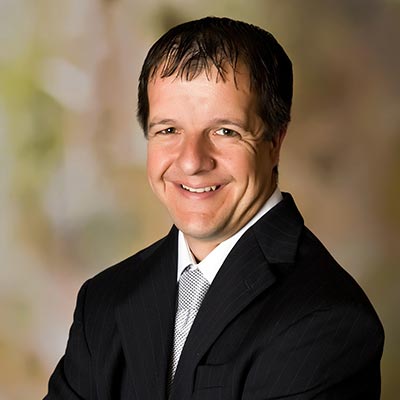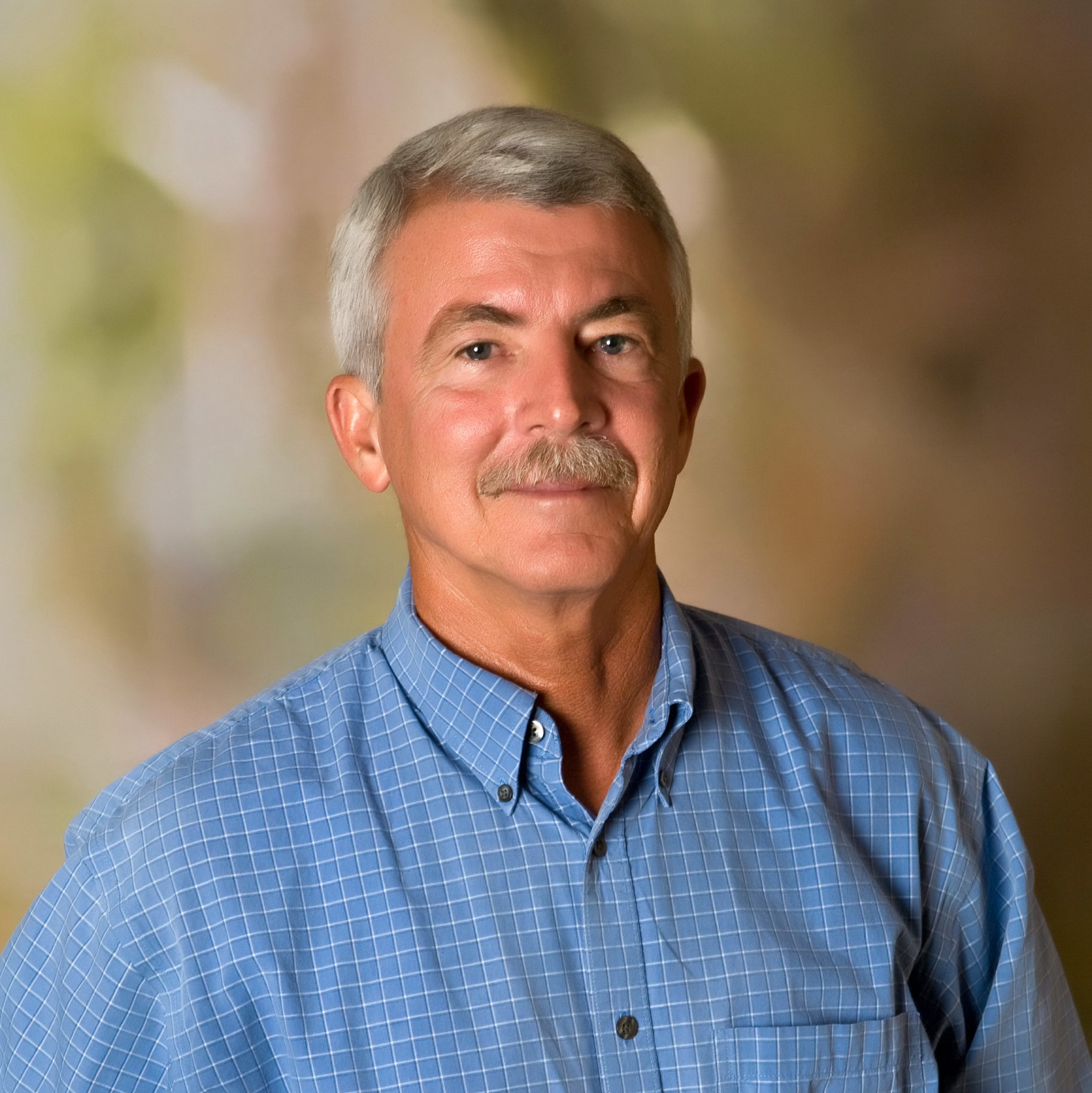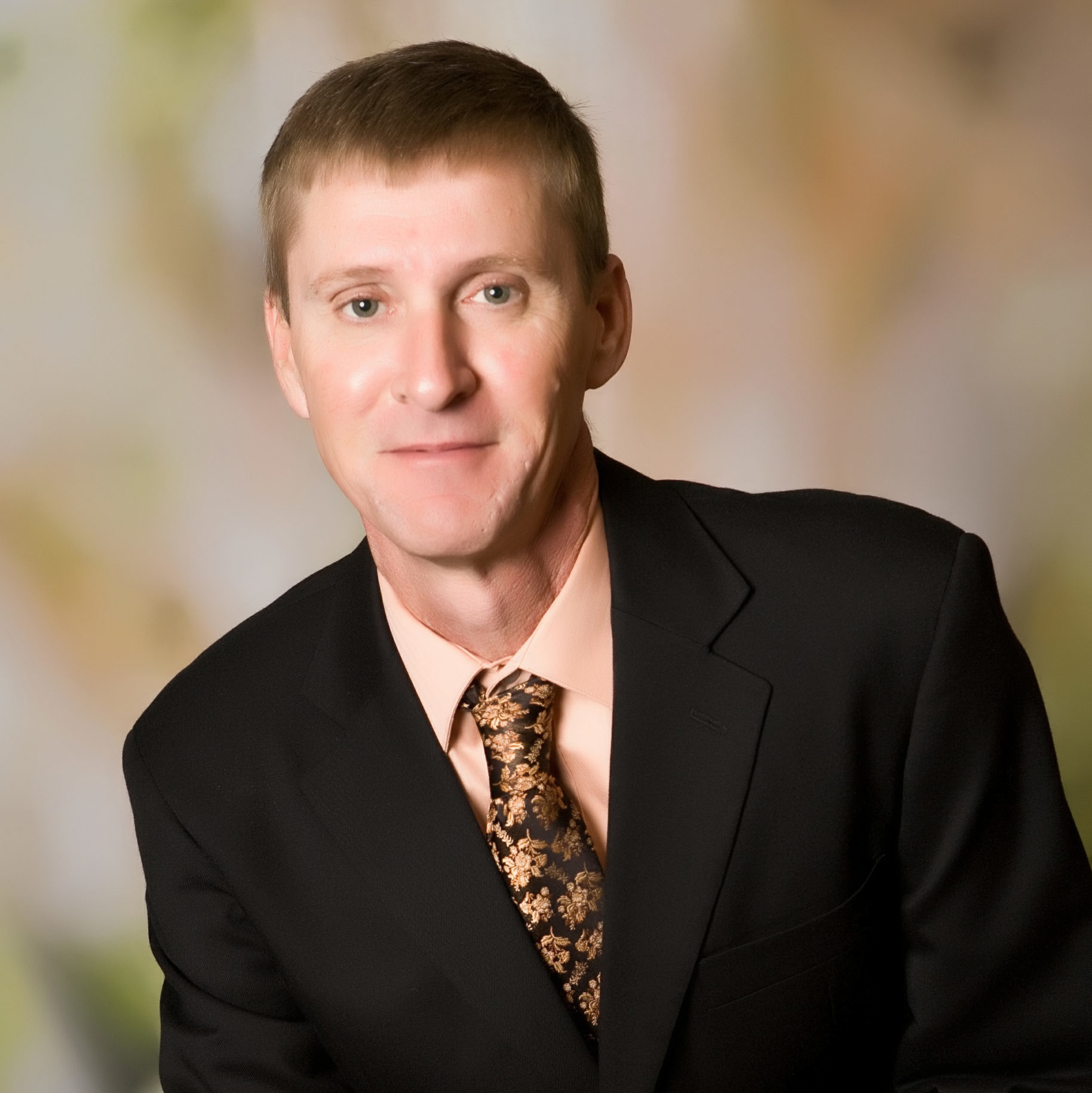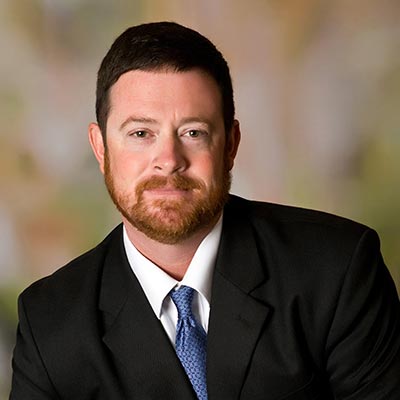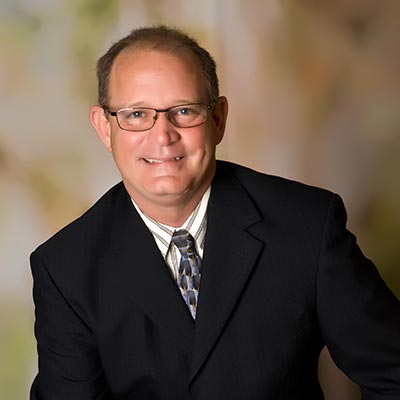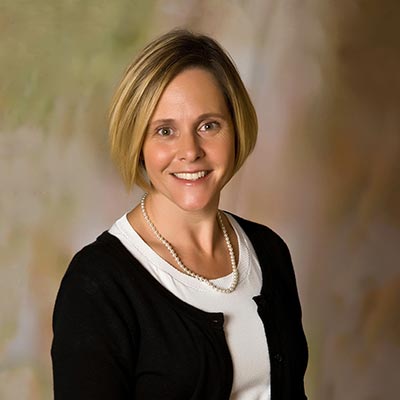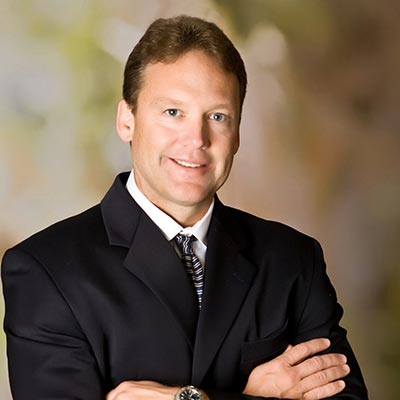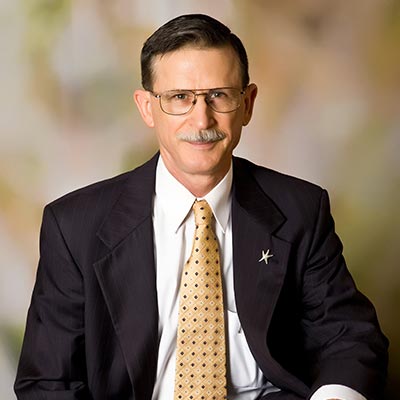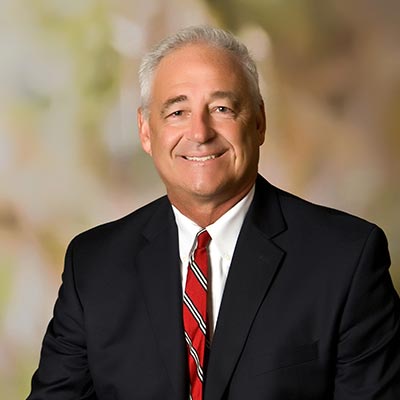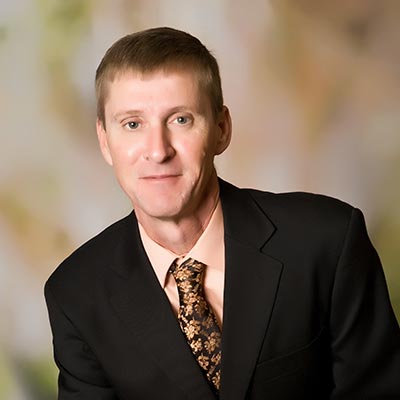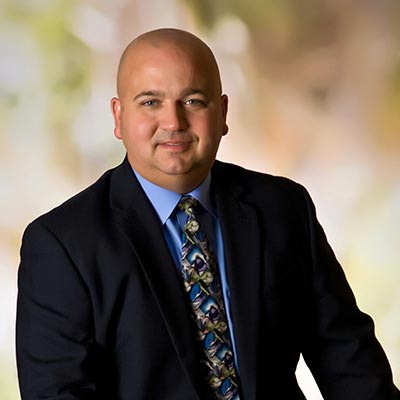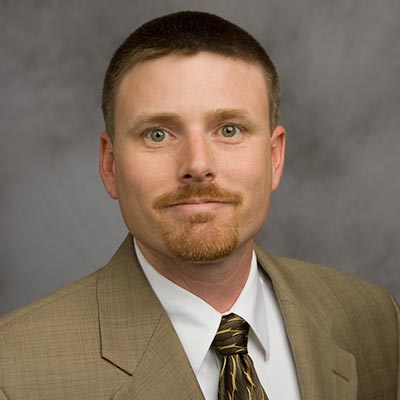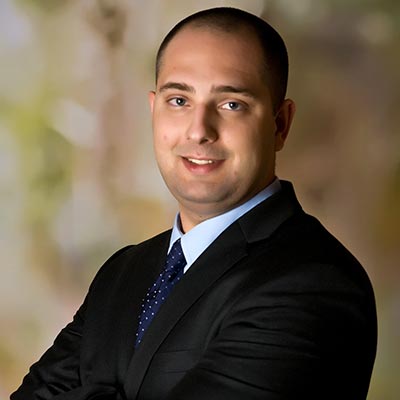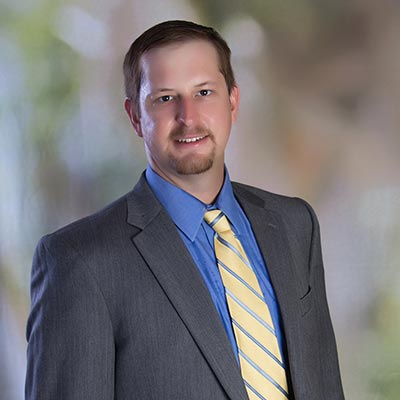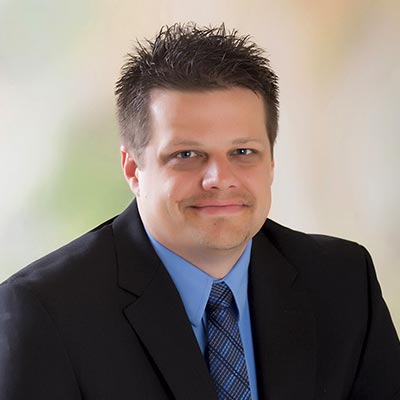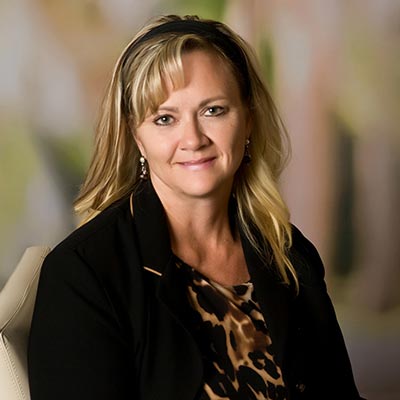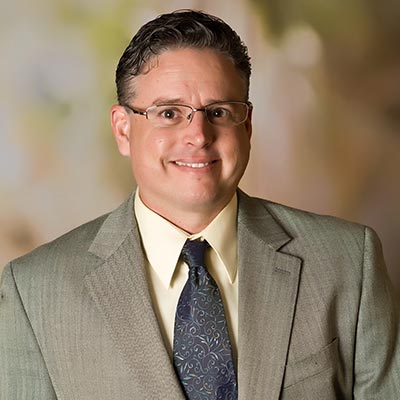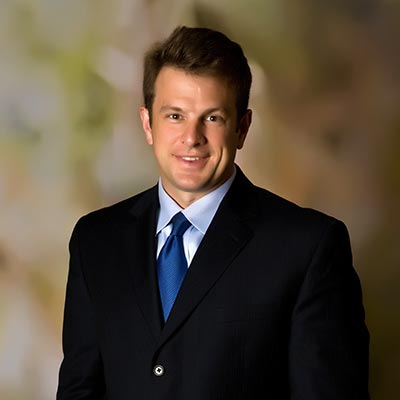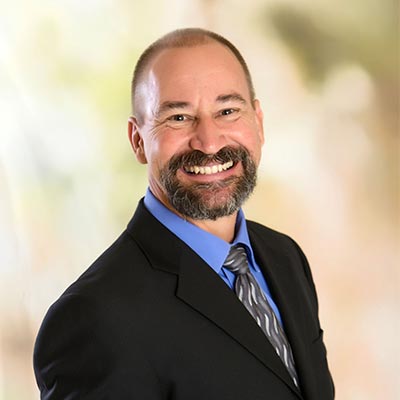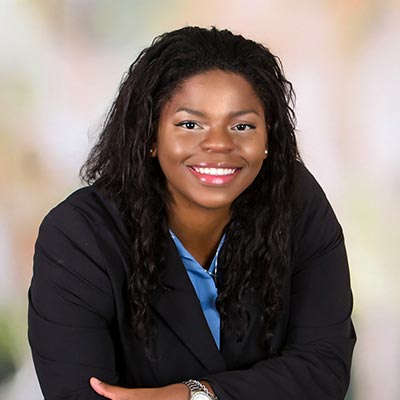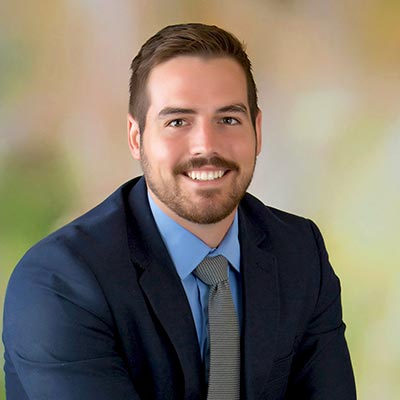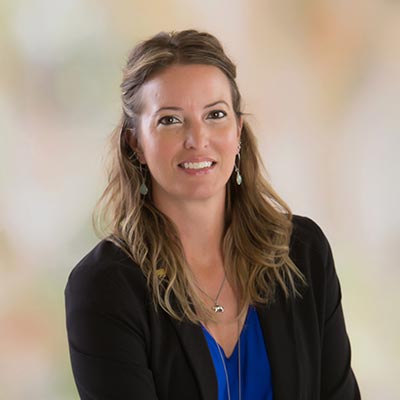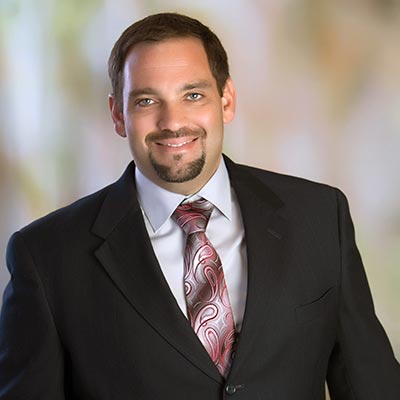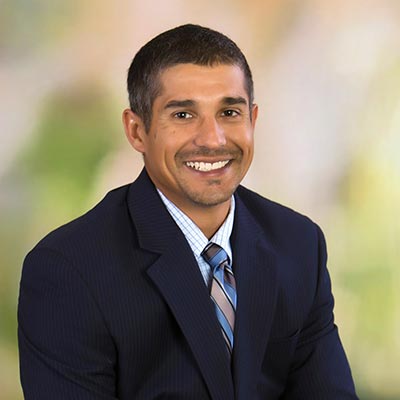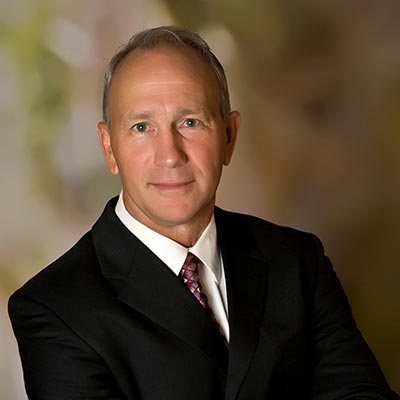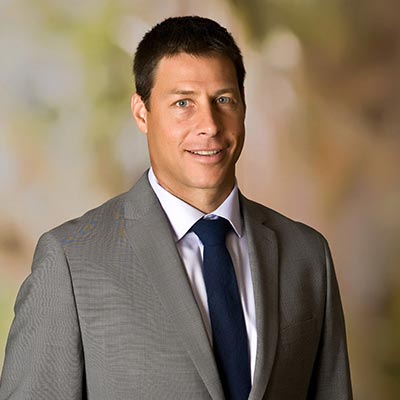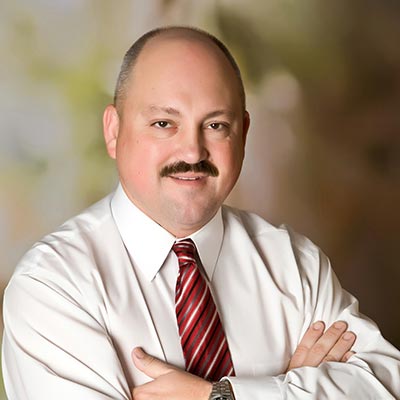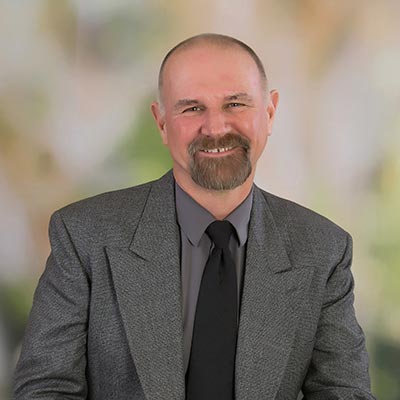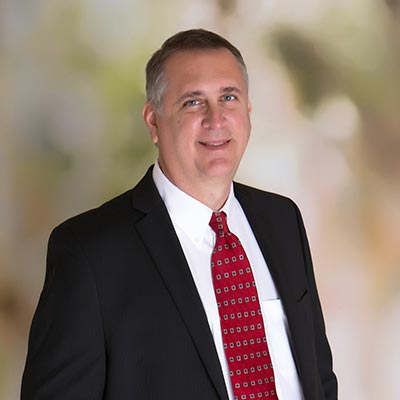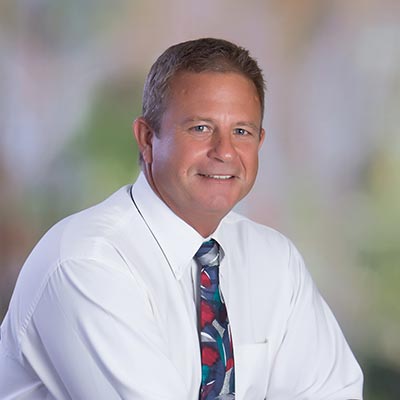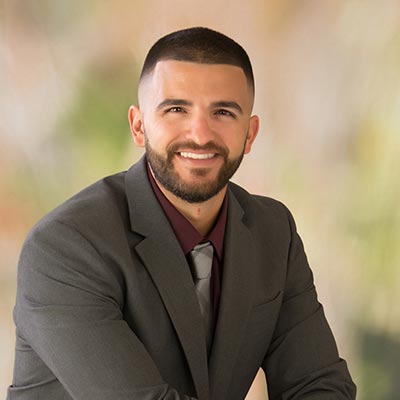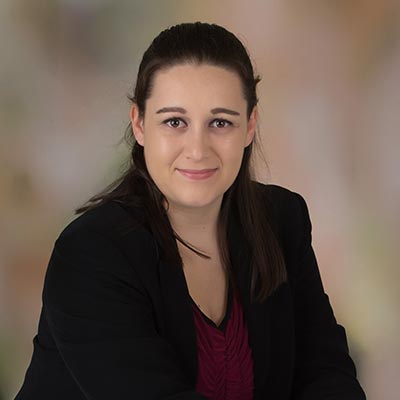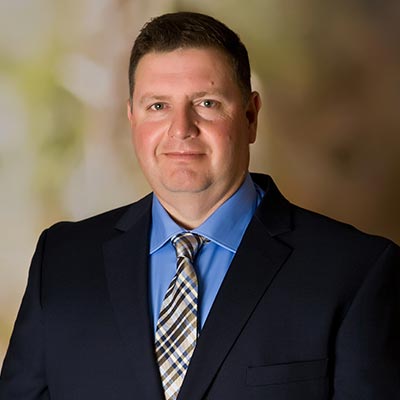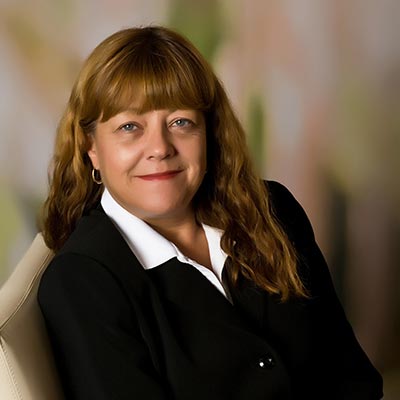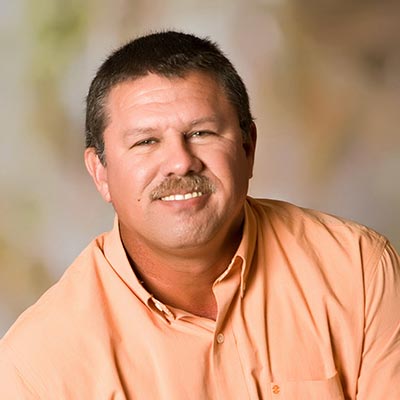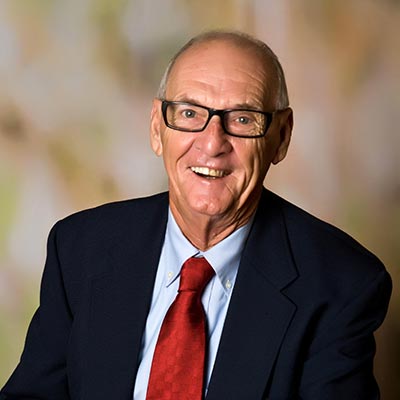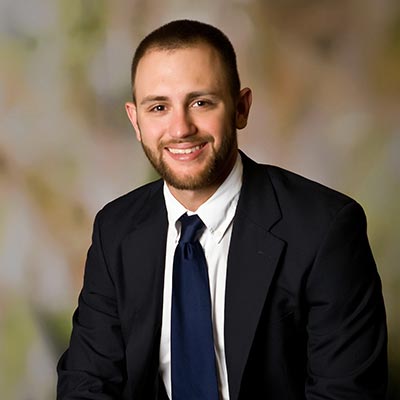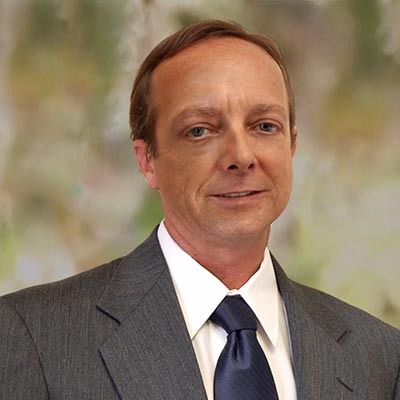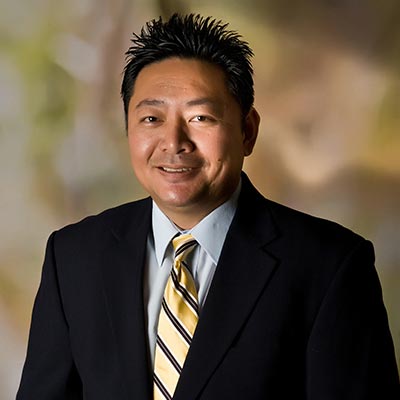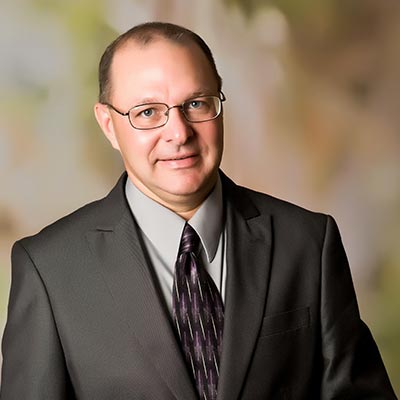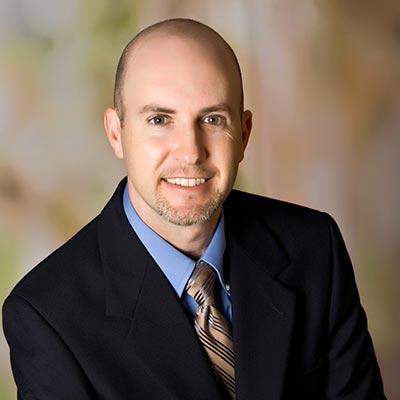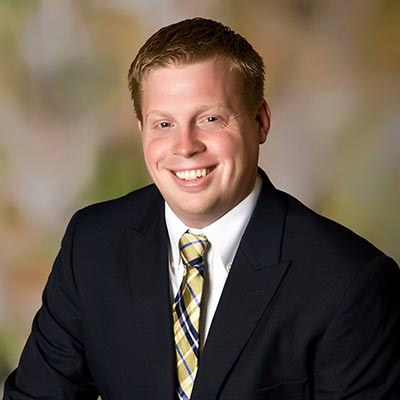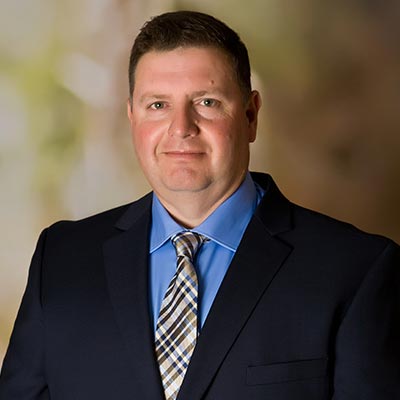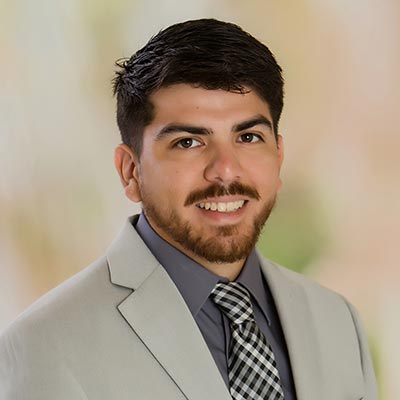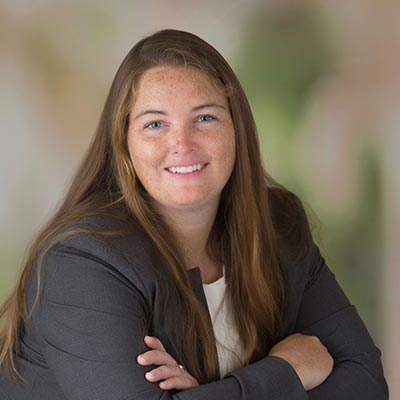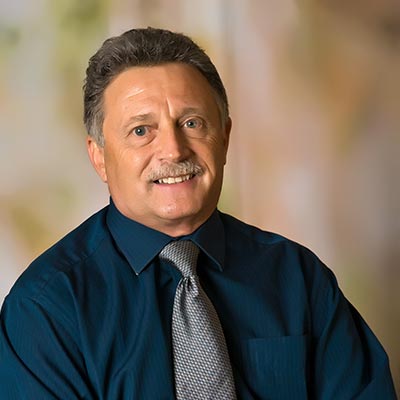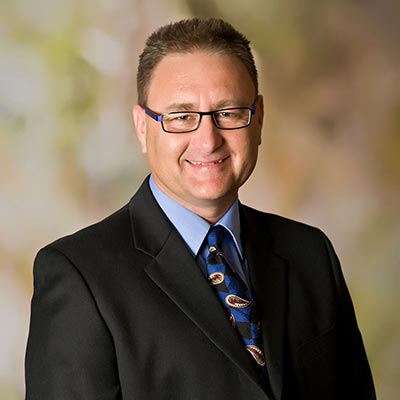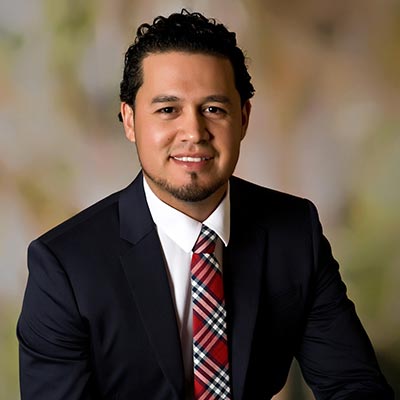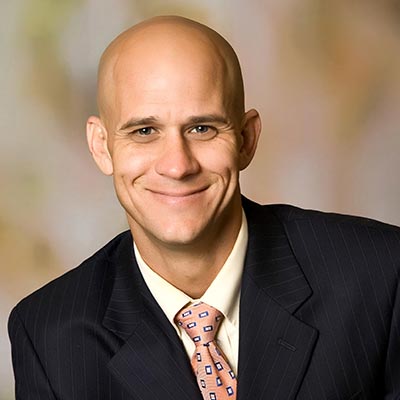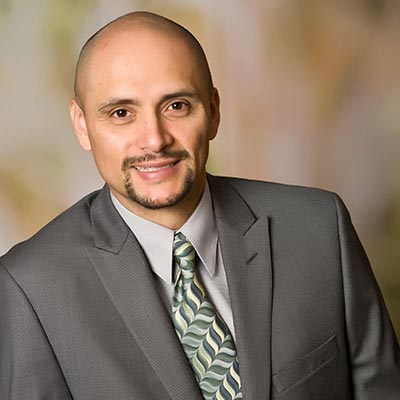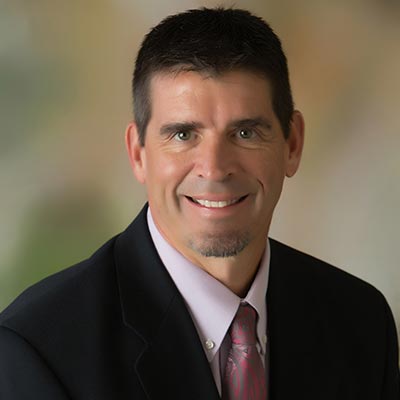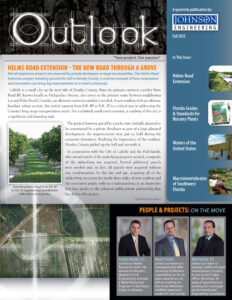 Aquatic macroinvertebrates are a diverse group of organisms that form important trophic linkages to higher level consumers like fish, amphibians, reptiles, birds, and small mammals, including many listed species. In a typical Florida wetland you may find several classes of aquatic animals including bivalves, crustaceans, insects, gastropods, worms, and even sponges. Aquatic invertebrates have a long history as indicators of stream condition and water quality.
Aquatic macroinvertebrates are a diverse group of organisms that form important trophic linkages to higher level consumers like fish, amphibians, reptiles, birds, and small mammals, including many listed species. In a typical Florida wetland you may find several classes of aquatic animals including bivalves, crustaceans, insects, gastropods, worms, and even sponges. Aquatic invertebrates have a long history as indicators of stream condition and water quality.
More recently, they have been used as performance measures for restoration success in Everglades restoration projects because of their sensitivity to changes in hydrology habitat quality. Several indicator species have been identified for assessing hydrologic restoration in the 55,000-acre Picayune Strand Restoration Project (PSRP) in Collier County and at Babcock Ranch in Lee and Charlotte Counties.
A rapid field assessment technique was specifically developed for evaluating wetland condition and for tracking restoration success in response to management actions that restore hydroperiods and native plant communities. This method was accepted by the Project Delivery Team (PDT) for PSRP in 2005 and has proven to be cost-effective, simple, and a repeatable method when conducted by qualified and trained ecologists. The method is based on comparison of the aquatic communities from impacted wetland sites with one or several reference site communities in relatively unimpacted habitats nearby. Bray-Curtis similarity and multivariate statistical analyses are used to compare community structure for significant differences and relative distances between sites. We can also identify individual species that may serve as indicators of recovery or disturbance. Over the past dozen years, these same methods have been successfully used for large-scale impact assessments in the Estero Bay Watershed, Fakahatchee Strand, Picayune Strand and at Babcock Ranch.
This past April, Johnson Engineering’s Certified Senior Ecologist, David W. Ceilley presented his research on this topic at the prestigious Greater Everglades Ecosystem Restoration Conference in Coral Springs, Florida. For more information, contact David W. Ceilley at [email protected].







